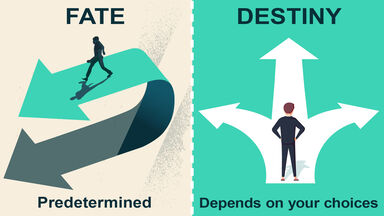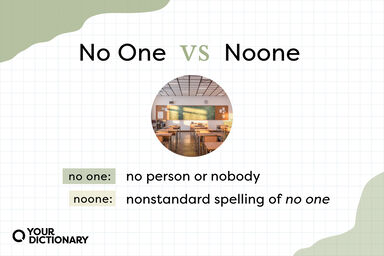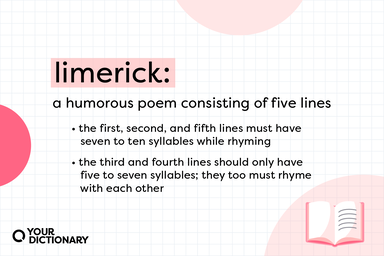Fork Definition
- to pay out or hand over
Idioms, Phrasal Verbs Related to Fork
Origin of Fork
-
From Middle English forke (“digging fork”), from Old English force, forca (“forked instrument used to torture”), from Proto-Germanic *furkǭ, *furkô (“fork”), from Latin furca (“pitchfork, forked stake", also "gallows, beam, stake, support post, yoke”), of uncertain origin. The Middle English word was later reinforced by Anglo-Norman, Old Northern French forque (= Old French forche whence French fourche), also from the Latin. Cognate also with North Frisian forck (“fork”), Dutch vork (“fork”), Danish fork (“fork”), German Forke (“pitchfork”). Displaced native gafol, ġeafel, ġeafle (“fork”), from Old English.
From Wiktionary
-
In its primary sense of "fork", Latin furca appears to be derived from Proto-Indo-European *ǵʰerk(ʷ)-, *ǵʰerg(ʷ)- (“fork”), although the development of the -c- is difficult to explain. In other senses this derivation is unlikely. For these, perhaps it is connected to Proto-Germanic *furkaz, *firkalaz (“stake, stick, pole, post”), from Proto-Indo-European *perg- (“pole, post”). If so, this would relate the word to Old English forclas (“bolt”) (plural), Old Saxon fercal (“lock, bolt, bar”), Old Norse forkr (“pole, staff, stick”), Norwegian fork (“stick, bat”), Swedish fork (“pole”).
From Wiktionary
Middle English forke digging fork from Old English forca and from Old North French forque both from Latin furca
From American Heritage Dictionary of the English Language, 5th Edition
Related Articles
Find Similar Words
Find similar words to fork using the buttons below.





